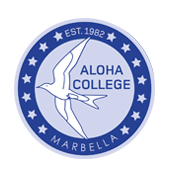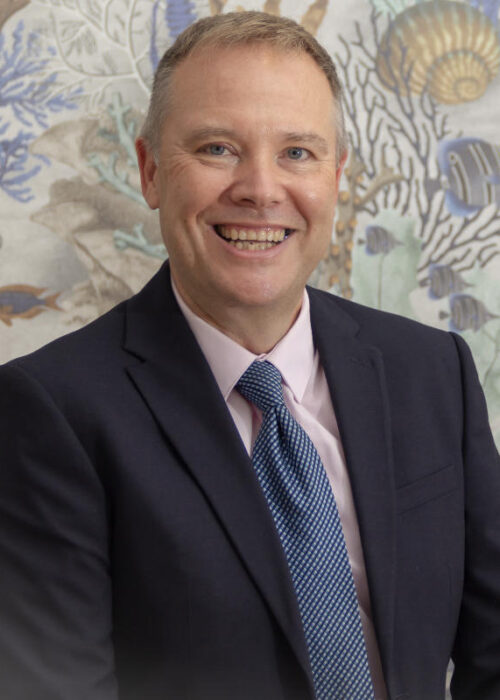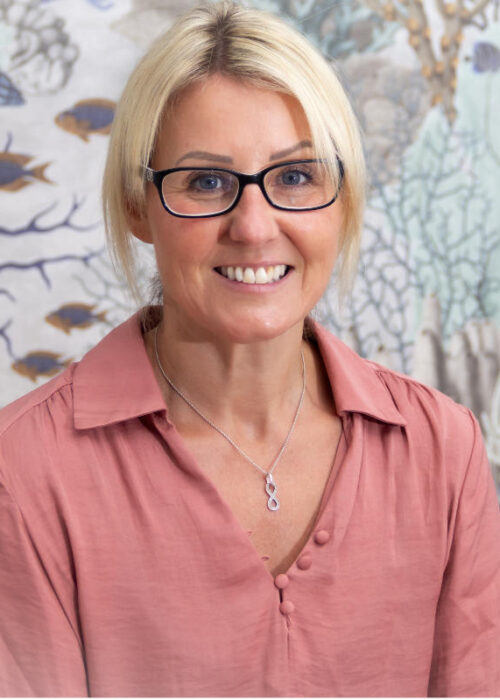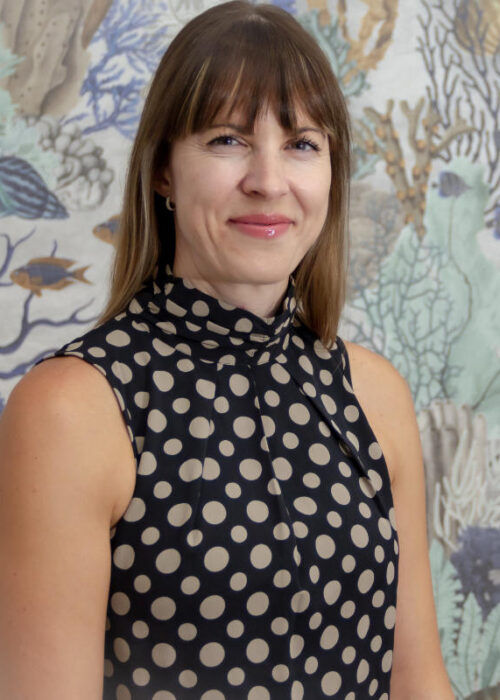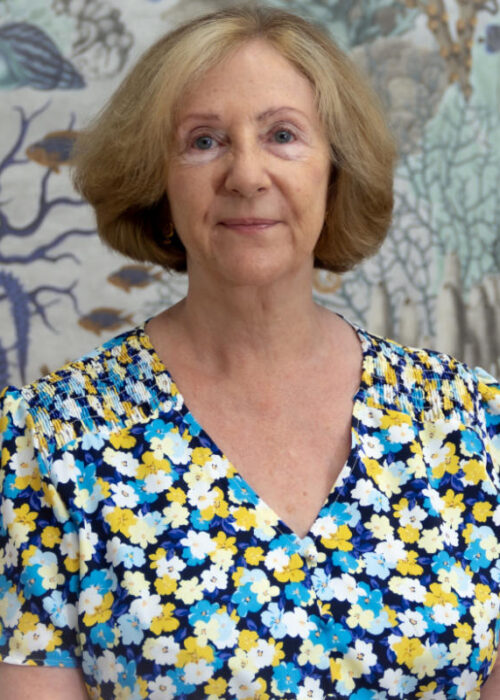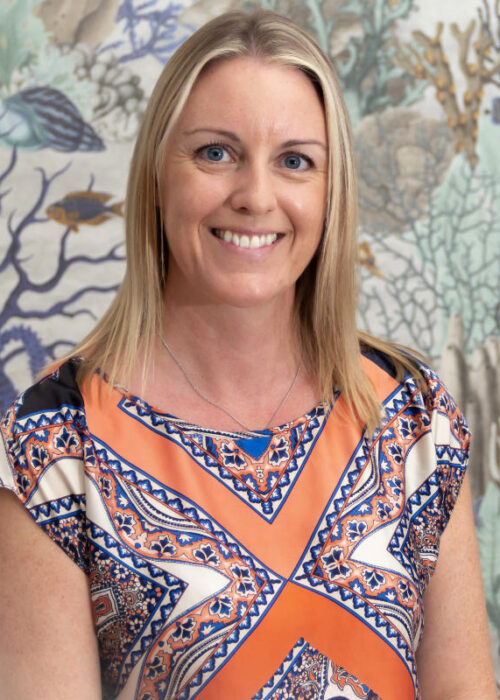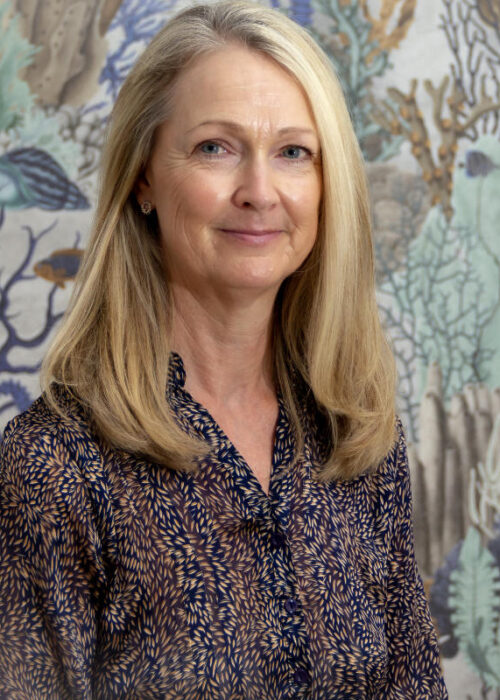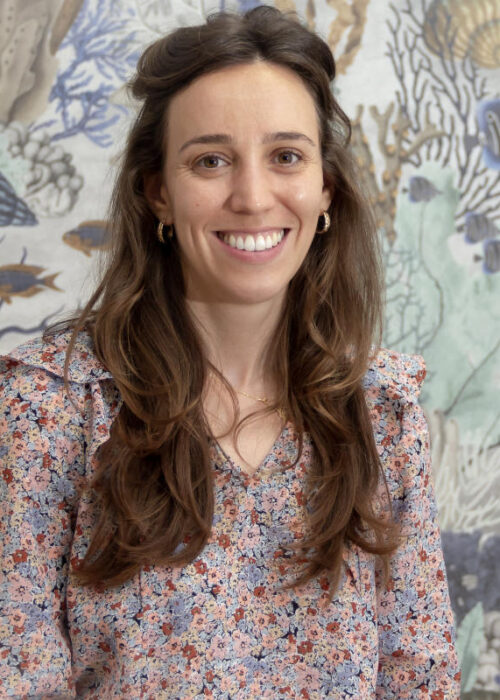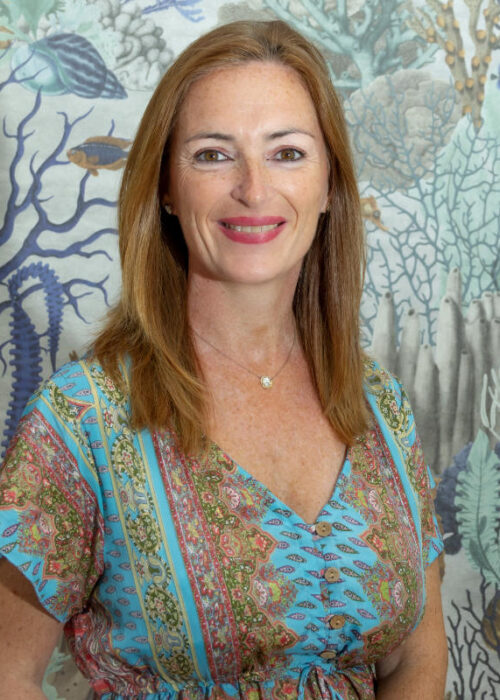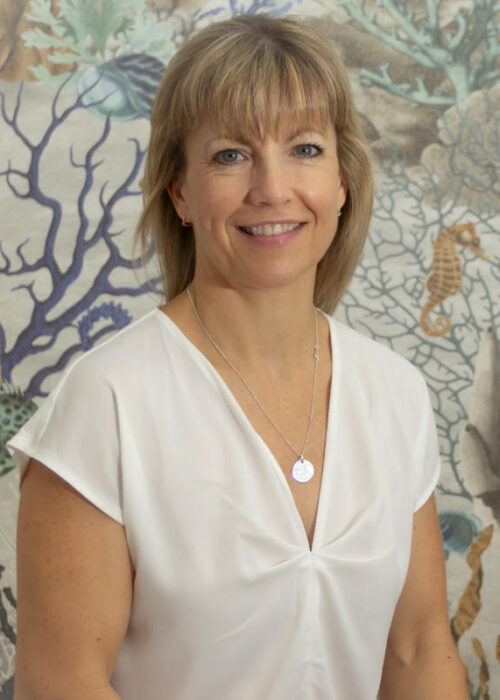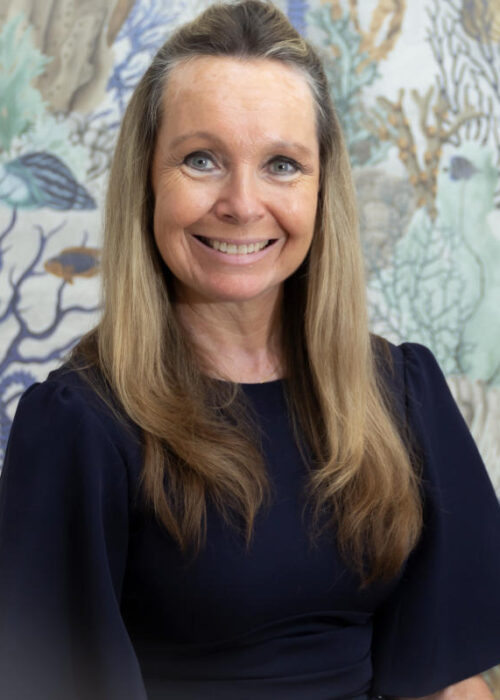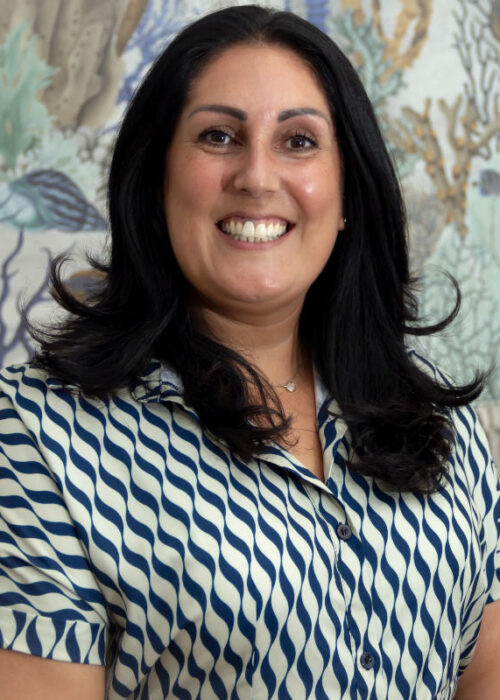On April 17th 2012, we embarked on a plane to Sardinia, Italy, known for its luxury getaways and breath-taking beaches. Unfortunately, we were there on more serious business; saving the world. As the representatives of Palestine (Claudia Martinez / Regina Segalerva) and Saudi Arabia (Malaika Jose / Martijn de Zeuuw), we attended a very eventful MUN conference in which we discussed the pressing and pivotal issues that concern our economy and our right to free speech. MUN, which stands for Model United Nations, attempts to do just that, emulate the real United Nations in which aspiring young adults get together and debate our world’s current events. It not only provides us with great insight and knowledge to the real world, but it helps shape the young students who will one day become our world’s representatives.We stayed with the families of Sardinian students who also took part in the conference. During our 3-day stay, we delivered speeches; debated the global economic crisis and internet access as a human right and worked as a team to find solutions that would suit us all. But it wasn’t all work and no play. The conference organizers, who were all students at the school and participants in the conference, organized various events everyday in which we would all come together and mingle with the locals, meet new people, and make friendships that will hopefully last for a long time. On Friday, the last day, they organized a closing award ceremony, in which one of our very own, Martijn de Zeuuw, won the “Best Speaker” award for the whole conference.Despite the hard work and preparation, and a few minor setbacks along the way (like our male delegate losing his boarding pass within a 3 minute span of receiving it!), we really did have an unforgettable first MUN experience. We stayed with the best people we could have hoped for, and we were received with great hospitality, care, and maybe a little too much food. We got to meet different people from different cultures; we even met fellow delegates from Spain! When it was time for us to leave, we couldn’t believe that everything had passed so quickly, we learnt so much and even now, we still think about the great times we had there, and memories that will last forever. We are so grateful for the effort and time that the school put into organising all of this for us, and we hope that we will have many more opportunities like this in the future. By: Malaika José and Claudia Martinez



